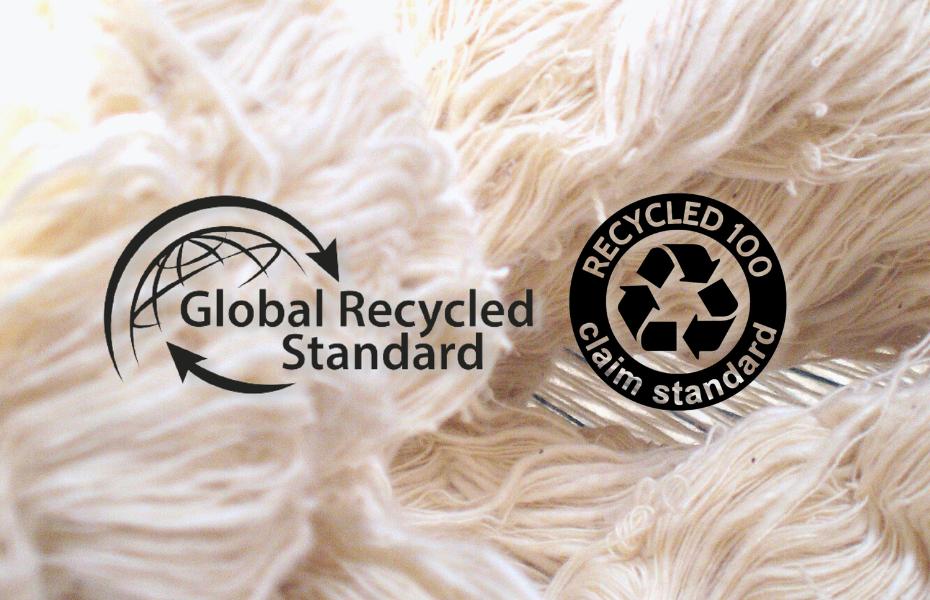One of the main factors that make us decide to buy any product is trust. Throughout history, we have from proximity consumption, buying products grown or produced near us, which we were sure were reliable, to a global consumption.
How can conscious consumers verify that products meet certain standards? ciertas normas?
Brands and manufacturers are continually impacting us by messages, which encourage the consumption of their products by communicating their differentiating attributes.
How do we interpret labels and make sure that the information they are sharing is trustable?
Consumers were “unprotected” until different companies began to work in the field of certifications, giving faith, ensuring different attributes of products such as: quality, origin, composition, type of manufacture, etc.
In the world of recycled threads, it was not until 2008 that the first certification was created. Textile recycling certifications have been created in a way to authenticate sustainability claims from the very beginning of the process (raw material), to the final product. Both pre-consumer and post-consumer materials qualify.
What recycled yarn certifications are there?
There are several textile certifications to take into consideration when sourcing fabrics. However one of the most recognized certifications for recycled yarns are: Recycled Claim Standard (RCS) & Global Recycled Standard (GRS). Both certifications set the criteria for third-party certification of recycled materials a chain of custody. Their main objectives are: align definitions of “recycled” across different applications, verify recycled content in products and give brands and consumers means to make trustable buying decisions. Assuring that manufacturers, producers and retailers are committed to good environmental and ethical practices.
At Vilarrasa years ago we decided to include GRS in our certifications, in order to guarantee that our products will comply with the highest quality recycled yarn certifications and give assurance that products are processed in a more climate-friendly way to encourage higher proportions of recycled content in products.


